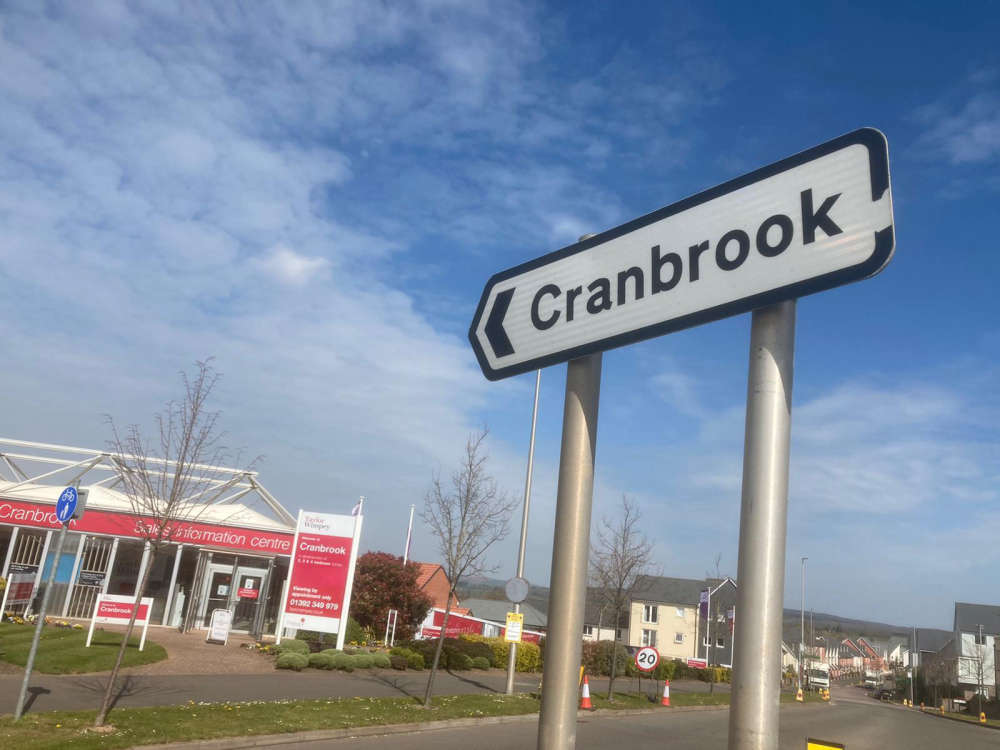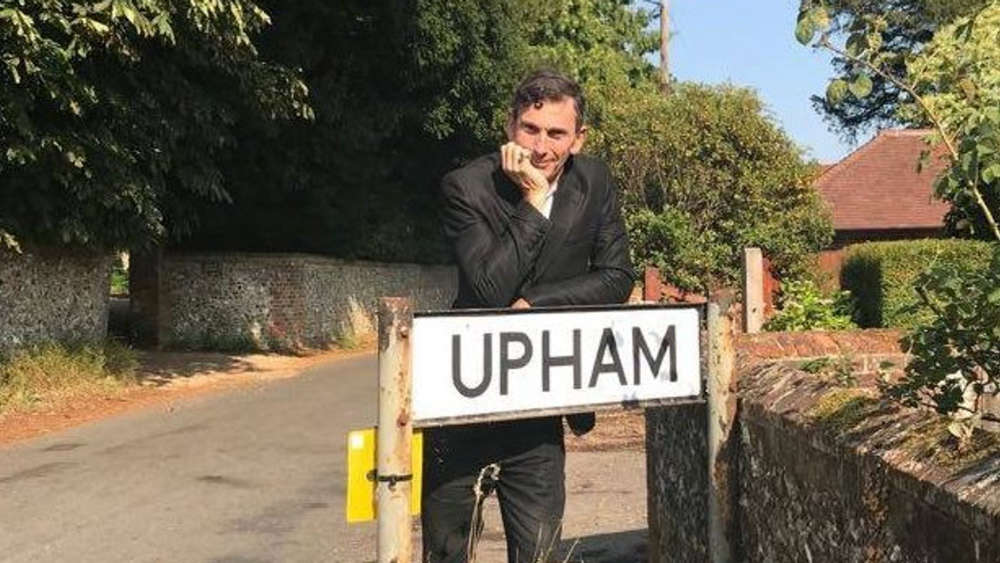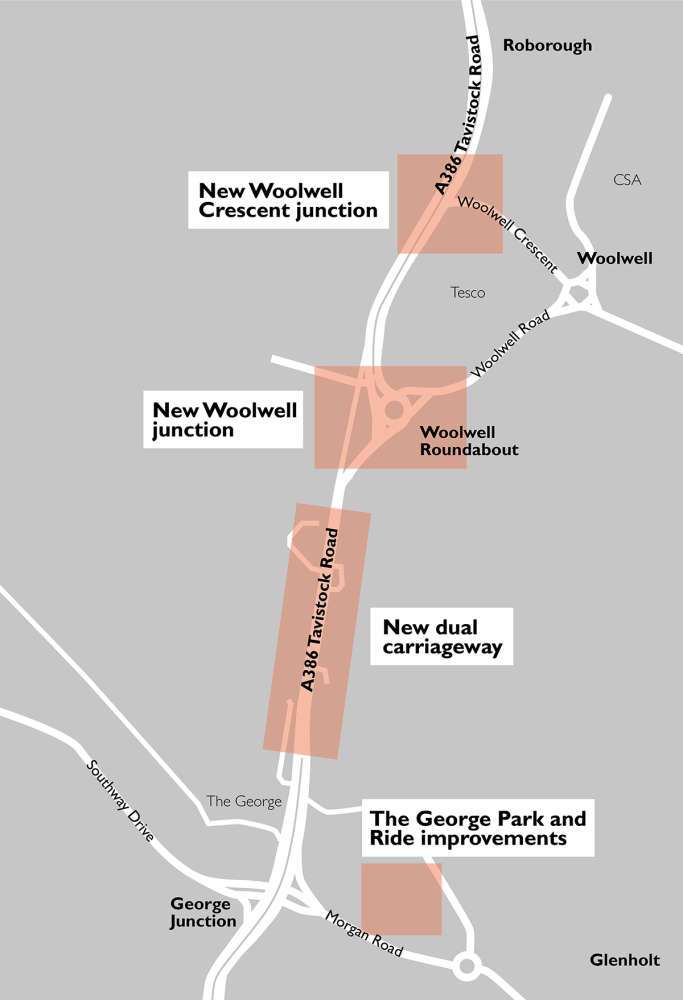
£40 million needed to build the town's infrastructure
East Devon District Council’s strategic planning committee has agreed in principle that the local authority should borrow £40 million to help build Cranbrook’s infrastructure.
The money from the Public Works Loan Board, would be used as a ‘revolving’ infrastructure fund – essentially a loan that’s loaned out again. The council would lend the money to developers who might otherwise be put off by high-interest repayments if they sought loans independently. They would then invest in improving Cranbrook’s infrastructure as the town grows – whilst saving themselves around £8 million.
The motion was passed nine votes to three and will now go on to cabinet.
Council officers believe Cranbrook needs to quickly fund an additional primary school, and health and wellbeing provision as well as, potentially, a new special educational needs school and a highway upgrade works on London Road.
The council would then recoup the cash on a ‘roof tax’ basis, in essence getting money back for every new home sold as a result of the infrastructure. If the revolving infrastructure fund is successful the council would recover all the money it loans.
Officers consider the loan high risk but nonetheless recommended it to the committee to be considered in principle. It is feared that the risk of delaying new homes in Cranbrook through lack of infrastructure is greater than the risk of the loan.
Councillor Jess Bailey (Independent, West Hill and Aylesbeare) expressed concerns, describing the size of the loan as “eye-watering” and questioning why the committee had not received more information on the finer details.
She said: “I understand that developers may not want to take the risks associated with those very large costs, but do then do the taxpayers want to?”
Cllr Bailey did not believe the plans were ready to pass onto the next stages of the decision-making process, adding: “It’s like the train’s left the station and is on the tracks and I don’t think it’s ready to leave the station.”
Cllr Mike Allen (Conservative, Honiton St. Michael’s) also took against the decision, describing the report as “inadequate.”
For those in favour, the decision was simple: the council has to take out the loan if it is to meet its housing obligations.
Councillor Mike Howe (Conservative, Clyst Valley) said: “We don’t have a choice. We have to do it, or Cranbrook will once again stall.”
“This is fundamental to Cranbrook’s expansion and without that Cranbrook expansion our five-year land supply fails – pure and simple.”
Council leader Paul Arnott (Democratic Alliance Group) said: ”We have a moral and ethical duty to the people of Cranbrook to sort this out”, noting that further details of how the loan would work would be compiled before the matter goes to cabinet.
Councillor Kevin Blakely, an Independent who represents Cranbrook on the council in a grouping called Cranbrook Voice, backed the proposals. He said: “I honestly feel, as Councillor Howe said, that we don’t have a choice in this.” He recognised the risk but said he believed the council would see its money returned.
A more detailed report on the revolving infrastructure fund will now go to the cabinet. Any final decision would then have to go through full council.
Cranbrook currently has approximately 2.350 homes and 5,500 residents. This number would grow by more than 4,000 homes bringing a total of around 18,000 people if plans set out in East Devon local plan and the draft Cranbrook plan go ahead.
The Cranbrook plan is being examined by an inspector appointed by the secretary of state. A ruling is expected before the autumn.
 Exeter man wins £1 million on scratchcard
Exeter man wins £1 million on scratchcard
 Missing Christmas Day swimmer named
Missing Christmas Day swimmer named
 Two men missing after entering sea
Two men missing after entering sea
 Students take over Radio Exe
Students take over Radio Exe
 Work to start on major Tavistock Road improvements
Work to start on major Tavistock Road improvements
